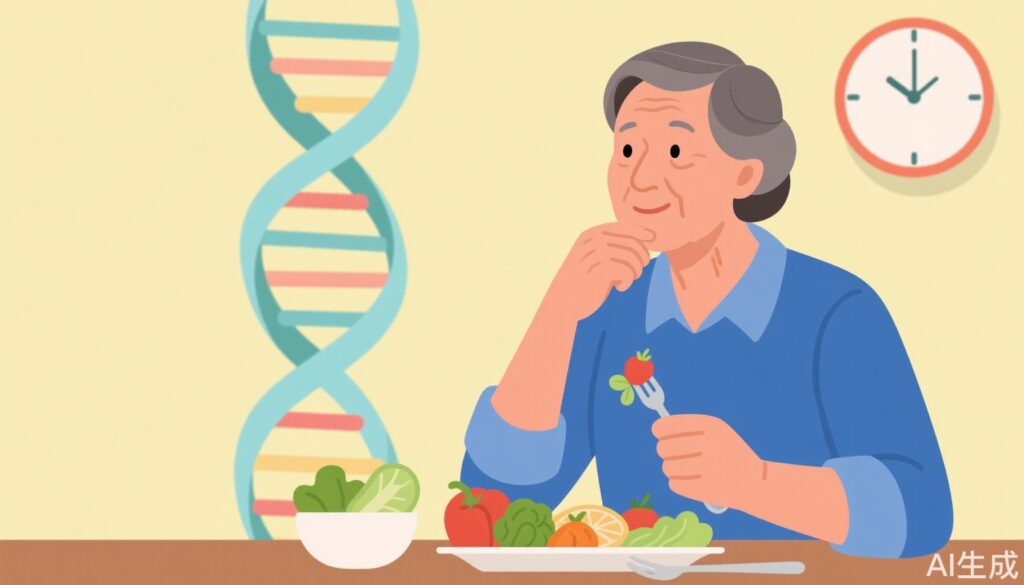Introduction
At the age of 50, many individuals are transitioning from middle age to older adulthood. Although not yet elderly, they are increasingly susceptible to the effects of aging. For women, this period often coincides with menopause, marked by a significant decline in estrogen levels and various physiological changes. These changes can accelerate aging, raising the question: can we protect ourselves and maintain health as we age?
Research on Hunger and Aging
Recent studies have revealed that restricting food intake induces a sensation of hunger, which itself can alter gene expression in ways that slow down the aging process. Importantly, researchers have emphasized that the anti-aging benefits linked to calorie restriction are not dependent on the types of food consumed or the exact nutritional content, but rather the state of hunger alone provides these benefits.
Scientific Findings from Texas Southwestern Medical Center
In 2022, researchers at the University of Texas Southwestern Medical Center published findings in the journal Science demonstrating that modest calorie restriction can reprogram aging-related genes, extending lifespan by approximately 35%. This groundbreaking study highlights how hunger triggers molecular mechanisms that combat aging.
The Biological Mechanism Behind Hunger and Aging
As we age, genes associated with inflammation tend to become overly active, contributing to chronic low-grade inflammation that often goes unnoticed but progressively damages healthy cells. This chronic inflammation acts similarly to a long-term disease, gradually impairing cellular function and accelerating cellular death.
Maintaining an appropriate level of hunger can accelerate a process called autophagy—often described as the body’s way of cleaning out damaged or aging cells. This cellular recycling helps to remove dysfunctional cells, preserving the vitality and youthful function of the body’s cells.
Practical Implications and Health Considerations
While maintaining a sensation of hunger through calorie restriction shows promise as a strategy to delay aging, it is essential to approach such practices carefully. Nutritional balance and overall health must be prioritized to avoid malnutrition or adverse effects. Consulting healthcare professionals before adopting calorie restriction or fasting regimens is recommended, especially for individuals with underlying health conditions.
Conclusion
The sensation of hunger, induced by controlled calorie restriction, has emerged as a powerful biological signal that can influence gene expression and promote longevity. By understanding and harnessing this natural mechanism, individuals may enhance their health span and delay the onset of age-related decline. Further research continues to explore how best to apply these findings safely in daily life.


